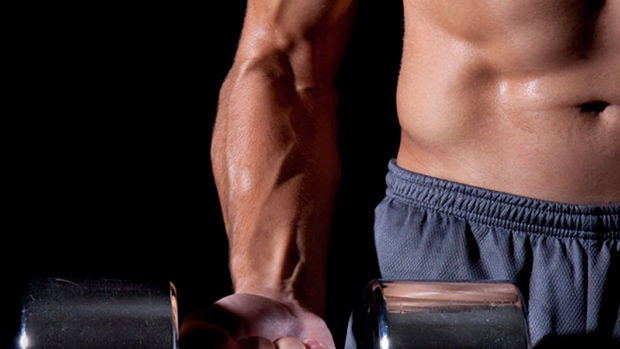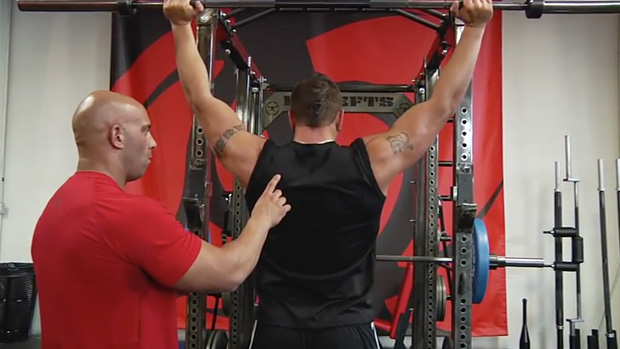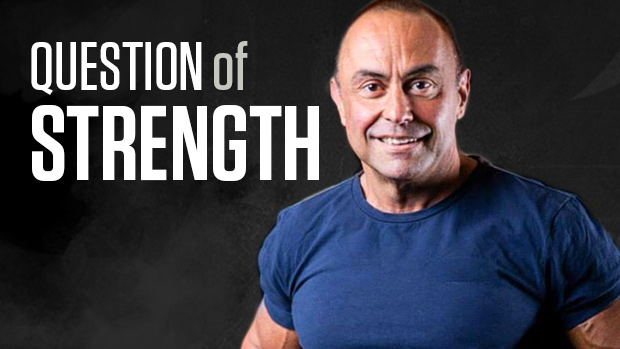The number one priority when trying to lose fat should be keeping muscle. Losing muscle mass should not be acceptable. Doing so will make it harder to continue losing fat since muscle tissue is metabolically responsible for most of the fat you'll lose.
Then there's the issue of insulin sensitivity. If you have more muscle, your insulin sensitivity will be slanted more towards accruing muscle mass. A larger muscle has more insulin receptors, which makes the muscles more insulin sensitive.
Maintaining or even gaining strength is the absolute best way to make sure that you're not losing muscle. If you keep pushing big weights, it'll force the body to keep its muscle since it will see it as necessary for survival. If you reduce the amount of weight you're lifting, the body will "assume" that you don't require as much strength and that it's okay to lower your muscle mass. Why? Because muscle uses a ton of calories every day and the body will see it as expendable.
You Can't Get a Muscle More "Cut"
Sometimes people will greatly increase reps in a fat loss phase to "cut up" a muscle. Too bad that's impossible to do. You can only make a muscle bigger or smaller. To get more "cut" you need to get rid of the fat while keeping the muscle large and full.
Some people aren't stupid enough to think that lifting lighter weights for more reps works, but they still perform higher reps simply to burn more calories and accelerate fat loss. That's fine, provided that you did your heavy lifting already. However, if you overdo the reps, you can indirectly decrease your muscle mass by impairing recovery.
When your caloric intake is reduced, your capacity to recover from training is already handicapped, so adding the burden of increased volume can lead to regression in both performance and muscle size. Do everything in your power to at least maintain your strength when dieting down. This will not happen if you stop lifting heavy.





